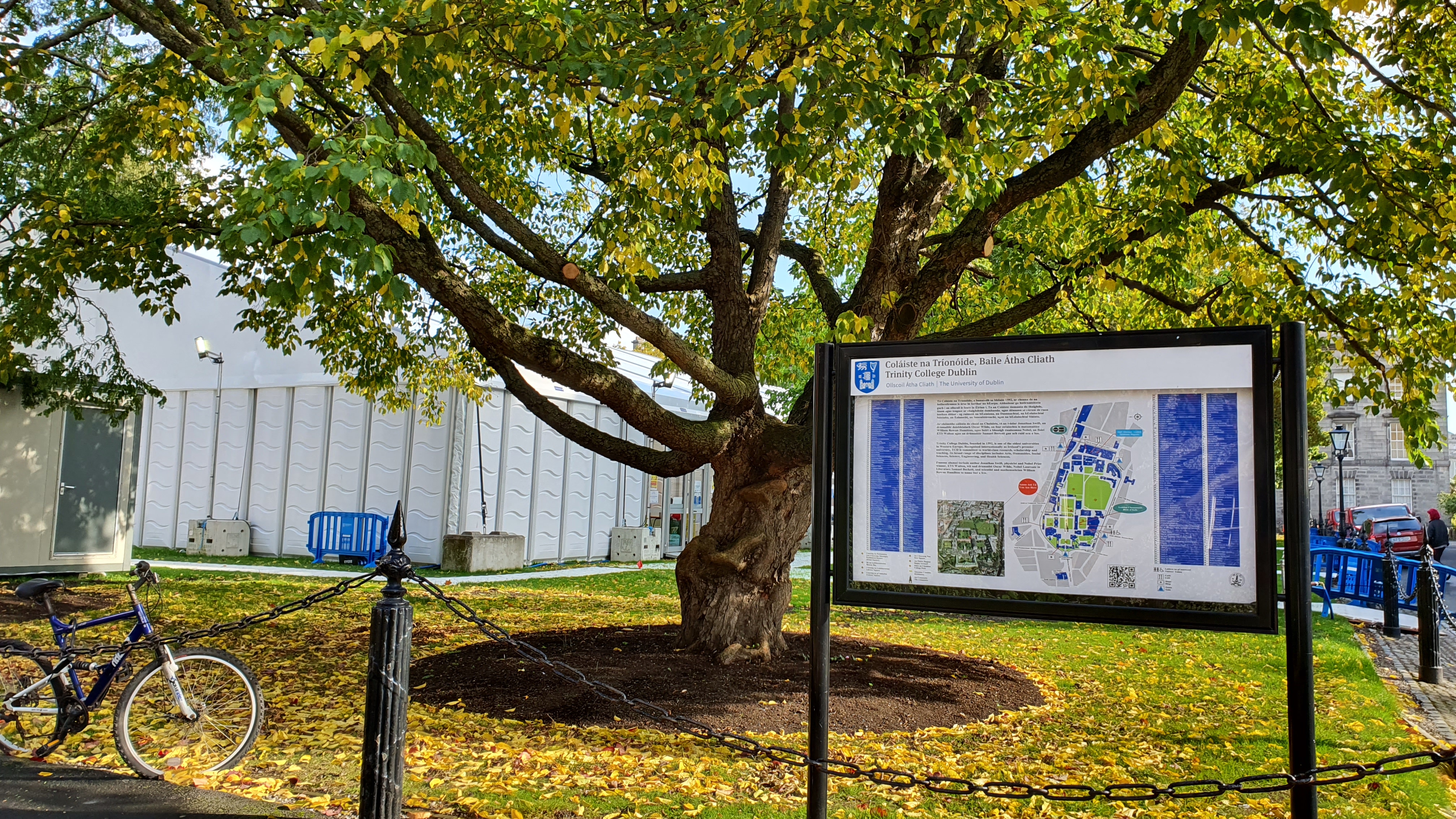Four in five students want more in-person teaching next semester if Level Three restrictions are in place, a survey by College has found.
79% of respondents said they were in favour of more in-person teaching under Level Three if public health guidelines were adhered to, while 64% want more in-person teaching if restrictions are at Level Five.
A survey conducted by Trinity polled 6,053 students on their opinions of how Hilary Term should be handled and how well they have coped during Michaelmas Term, including 1,066 Masters students and 225 PhD students.
Only 28% of students said they were keeping up with their studying and learning “reasonably well”, while just 8% said that they were managing the current situation overall “very well”.
53% of students are “a bit behind [studying] but still making progress” and 29% are managing the overall situation “well”.
18% are significantly behind on work and 1% are not studying at all, while 43% are a “little” stressed or worried at the current situation overall and 20% are “very” stressed or worried.
In a statement accompanying the results of the survey, Vice Provost Jürgen Barkhoff said that it is “important to note that if you feel very stressed or worried due to the impact of the current Covid-19 situation on your studies or in other ways, please do not feel that you are alone”.
“I encourage you to avail of the many supports available to you in College,” Barkhoff said, citing the Senior Tutor’s Office, the Postgraduate Support Officer, the Student Counselling Service, and the Chaplaincy.
The survey found that more than half – 52% – of students would like “as much in-person activity as possible” next semester.
Around a third – 31% – want a small increase in in-person activity but are happy to study remotely some of the time, while 13% would prefer to study remotely as much as possible and 4% would prefer “not to return to campus at all”.
Among key concerns that students raised at the prospect of returning to College were using public transport, living with a family member in a high-risk category, and finding accommodation in Dublin.
Others expressed fear of students on campus not adhering to public health guidelines or fear that more students returning to campus would incite outbreaks of the virus.
Some said they would like flexibility to facilitate students both in-person and remotely, with others saying online lectures were easier to absorb or that study online was calmer.
However, some students said that they had found a lack of engagement without in-person teaching, that it was hard to be motivated while consistently working from home and that their workload was “overwhelming”.
The loss of contact with lecturers and other students to speak on an individual basis before or after classes in the move to online classes was raised as an issue, as was the difficulty to make friends and integrate into college as a Junior Fresh student.
Students said they missed social activities, that virtual classes were “draining”, that there were practical difficulties around issues such as printing while studying from home, and that human interaction was important to the learning process, which they felt was much slower online.
Barkhoff said that the survey identified “actionable issues” that College is considering “in detail”.
“The Senior Lecturer/Dean of Undergraduate Studies and Dean of Graduate Studies have been asked to review how the student experience of online teaching and learning can be improved or enhanced,” Barhkoff said.
“We are all learning how to optimise engagement and interaction online and we will continue to listen to student feedback on which approaches work best,” he said.
Barkhoff said he will be “discussing with staff how we can increase the amount of face-to-face teaching in small group seminars and tutorials, especially in those programmes that under Level 5 were entirely online”.
“Any face-to-face activity in semester 2 will of course have to take the development of the pandemic into account and will adhere to social distancing and public health guidelines. You will be informed of the decisions as soon as they are finalised.”
Barkhoff said the findings of the survey were “in line with what we hear from other universities”.






